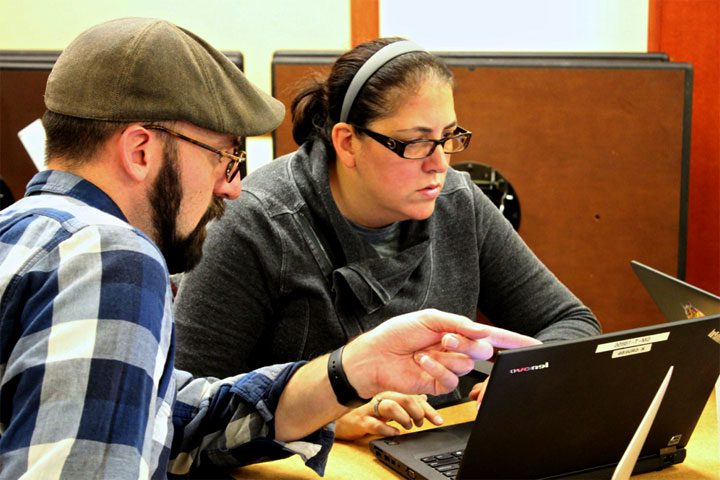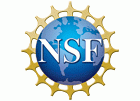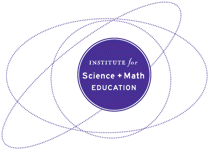How can mentor teachers and university educators support preservice science teachers?

Why It Matters To You
- Preservice Teachers are better prepared for their future careers if they receive coherent experiences across university and school settings.
- Mentor Teachers & University Educators should establish supports for preservice teachers and create coherence between science teaching methods classes and K-12 experiences.
- Preservice Teachers, Mentor Teachers, and University Educators can collaborate on the process of implementation in order to support learning for everyone involved.
What Is The Issue?
Preservice education establishes the foundation for a successful science teaching career. However, preservice teachers often experience tension between their university and school-based experiences related to the different expectations for teaching and learning across these settings. To decrease confusion and increase preparedness, mentor teachers and university educators can establish a community of practice to support the professional learning of all involved, especially related to the implementation of equitable 3D instruction and mentoring of preservice teachers.
Authors:
TJ MCKENNA, TODD CAMPBELL, VICTORIA SCHILLING & UCONN TEACHER MENTORING COLLABORATIVE | APRIL 2017
Reflection Questions
- What are your current ideas and expectations about supporting preservice teachers?
- What are your university and school standards for preservice teachers? What strategies can support preservice teachers in meeting these expectations?
- What hesitations or concerns might mentor teachers have about hosting preservice science teachers?
Things to Consider
- Beginning preservice teachers commonly struggle to adopt strategies to build on students’ interests and backgrounds, which more meaningfully support students in sustained learning.
- When preservice teachers plan with, critique, and adapt science curriculum materials in the context of classroom instructional experiences, they can develop their “ability to use personal and curricular resources in designing instruction for students”, or pedagogical design capacity (Beyer & Davis, 2012, p. 386).
- Preservice programs developed by university educators and science teacher leaders—including school-based seminar sequences, master’s programs, and leadership-based preservice programs—should occur in the context of learning communities with other preservice or inservice teachers. This helps illustrate the value of collaboration and communities of practice for preservice teachers early in their careers.
- Teachers often do not have opportunities for cumulative professional learning experiences. The professional development they do have access to is seldom linked to theories of teacher learning over time or a systemic vision of professional learning.
- Working with preservice teachers in a well-articulated and systematic way can encourage professional learning for mentor teachers, preservice teachers, and university educators, especially when this work focuses on addressing pressing problems of practice (e.g., designing 3D assessments).
Attending to Equity
- Develop ongoing lines of collaborative inquiry between preservice and mentor teachers around culturally responsive pedagogical tools. This could include the Growing Awareness Inventory (GAIn) (Brown & Crippen, 2016) focused on student language use, student participation in response to teacher questions, and leveraging interests in instruction—or cultural dimensions of their sensemaking talk.
- Preservice teachers may not have considered how to acknowledge and use the cultural assets students bring to the classroom, especially in the service of science learning. Given this, mentor teachers and university educators can help support preservice teachers to recognize and make connections between their cultural and community knowledge and science knowledge they are being introduced to in STEM classrooms.
Recommended Actions You Can Take
- Mentor teachers can: (a) help preservice teachers establish a role in the classroom early on, (b) support preservice teachers in getting to know and connecting with students, (c) support preservice teachers’ learning by identifying relevant disciplinary core ideas for students to learn, (d) frequently engage in discussion with university educators and the preservice teacher to identify a helpful balance of support and freedom for the preservice teacher as they are reflecting on and continually improving their practices, and (e) encourage preservice teachers to reflect on and improve their teaching practices.
- Preservice teachers, mentor teachers, and university educators should open up lines of communication to ensure that all involved are meeting each other’s expectations. Using tools such as a checklist can help start productive preservice teacher experiences in schools.
- University instructors and mentor teachers can give specific and direct feedback to preservice teachers using the Framework For Preservice Teacher Feedback or other similar tools.
ALSO SEE STEM TEACHING TOOLS
STEM Teaching Tools content copyright 2014-22 UW Institute for Science + Math Education. All rights reserved.
This site is primarily funded by the National Science Foundation (NSF) through Award #1920249 (previously through Awards #1238253 and #1854059). Opinions expressed are not those of any funding agency.
Work is licensed under a Creative Commons Attribution-ShareAlike 4.0 Unported License. Others may adapt with attribution. Funded by the National Science Foundation (NSF). Opinions expressed are not those of any funding agency.


 Email Feedback
Email Feedback


